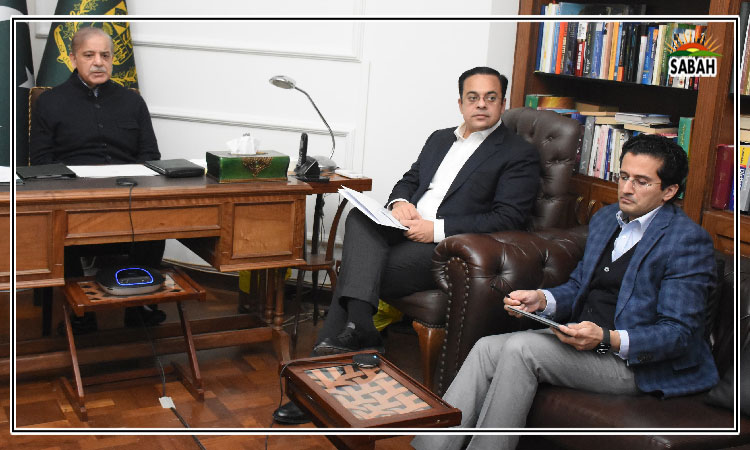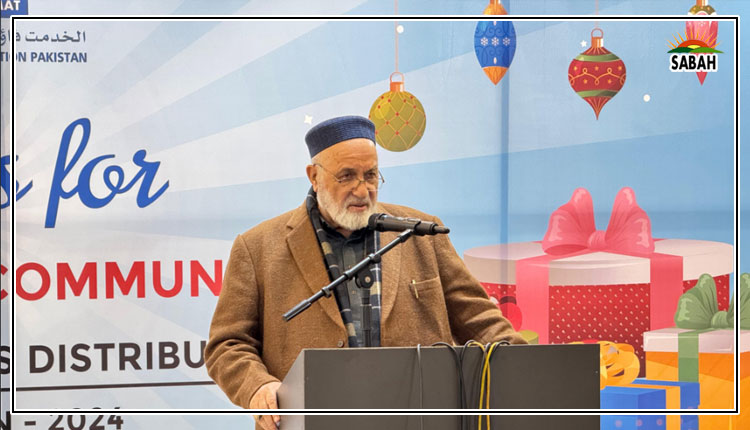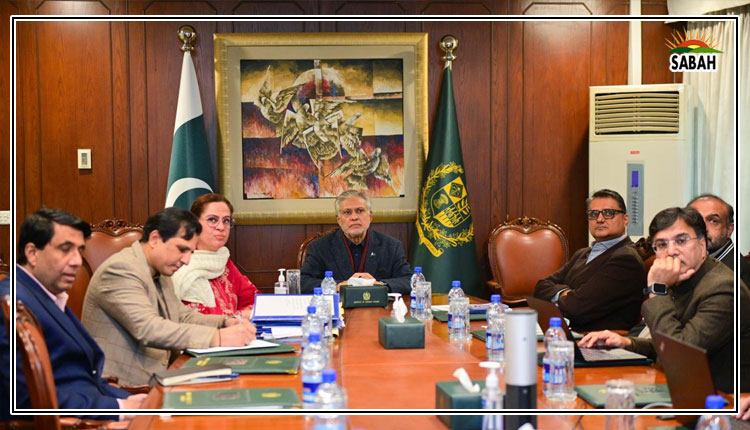SDPI advocates microgrids to harness Balochistan’s renewable energy potential
ISLAMABAD, Sep 04 (SABAH): The Sustainable Development Policy Institute (SDPI) and Institute for Development Studies and Practices (IDSP) hosted a discussion that brought together experts and stakeholders to discuss the critical role of microgrids in addressing Balochistan’s energy challenges and unlocking its vast renewable energy potential.
The seminar titled “Microgrids: Unlocking the Renewable Energy Potential of Balochistan,” organized by SDPI, engaged energy experts from the country’s private, public, and development sectors. It underscored policy, infrastructure, and technical shortcomings in the system hampering full-scale renewable energy rollout in the province despite its potential in clean energy.
During the session, Muhammad Awais, Senior Research Associate at the Institute for Development Studies and Practices (IDSP), highlighted that only 56.10% of Balochistan is electrified, with frequent power outages due to limited supply. Despite the region’s substantial solar and wind resources, Awais emphasized that the lack of grid connectivity and the scattered population make large-scale renewable energy rollout unfeasible. He pointed out that microgrids offer a viable solution, especially in remote areas.
IDSP’s feasibility studies identified Kila Abdullah, Jhal Magsi, Awaran, and Sibbi as prime locations for microgrid deployment, which could significantly reduce carbon emissions and improve energy access.
Nafees Ahmed Khan of the PPF discussed the successes of community-driven solar projects in other regions and emphasized the need for a supportive policy and regulatory framework to address the high costs associated with microgrids in Balochistan.
Basit Ghauri from Renewables First (RF) echoed these sentiments, stressing the importance of creating a structured investment framework to attract financing for these projects.
The seminar also addressed the need for improved transmission infrastructure and bankable feasibility studies to attract local and international investment, particularly in the mining sector, which has a growing demand for energy.
Amina Shahab from Balochistan said the transmission infrastructure is the bone of contention in the province’s energy crisis whereas SVDC transmission lines are necessary to deploy that will assist energy wheeling with neighbouring countries like Afghanistan and Iran and enable internal grid energy trading.
Saeed Sarparah said that mining sector is the foremost important area as there are very small-scale miners in the province, and the provincial government had issued 11 more leases for mining that are potential energy-requiring projects. He underscored the need to develop bankable feasibilities that can help the board of investment to attract investors at the local and international levels, whereas special economic zones and export production zones needed to be engaged to lead energy projects in Balochistan.
Shaukat Ali Energy expert said for Balochistan the foremost requirement is the policy framework at the provincial level that needed to be enacted and strengthened to support renewables and energy infrastructure rollout. “Donors are reluctant to go to Balochistan as they don’t see a viable working environment that may be primarily due to security issue, remote locations of project sites and low capacity of departments and organisations on ground that should be addressed,” he added. He said the provincial government should establish donor coordination platforms for Balochistan as there is huge funding in energy and renewables projects available but had no venues to materialize.
This discussion underscored the critical need for a comprehensive strategy to develop Balochistan’s renewable energy resources, with microgrids emerging as a key solution to bridging the energy gap in this underserved region.












